Learning Evaluation
Learning Evaluation
Evaluation of PSSKPD student learning is carried out in several evaluation methods that aim to evaluate student development in a comprehensive manner. The form of learning evaluation is as follows:
1. Block Examination (Computer-Based Test)
Block exams are carried out using the CBT method where students can immediately read and answer questions on a personal-computer (PC) in the Computer Lab after logging in with each student's identification number. Block exams are held at the end of each block and last 90-120 minutes and are in the form of multiple choice questions. During the exam, students are required to bring student identification which is verified by the exam supervisor. Students are entitled to take the main block exam if their attendance in the teaching and learning process is at least 70%.
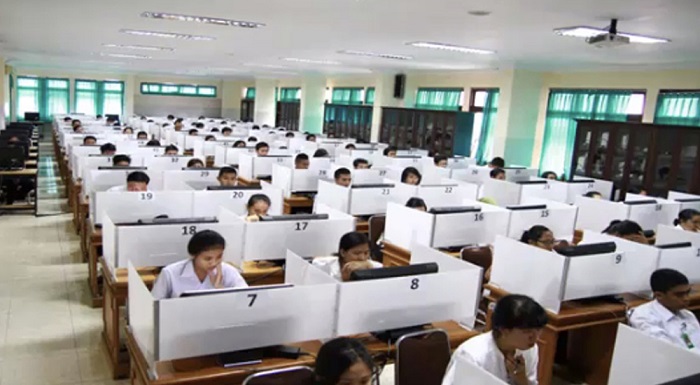
2. Student Project (SP)
In each block, students will be assigned to make a project which is generally in the form of a review of a particular case. The topic of the SP is determined by the Block manager or by the facilitating lecturer. Students work on the SP together with the SGD group and compile a review report of at least 10 pages. SP will be presented at the end of the block before the main exam is held.
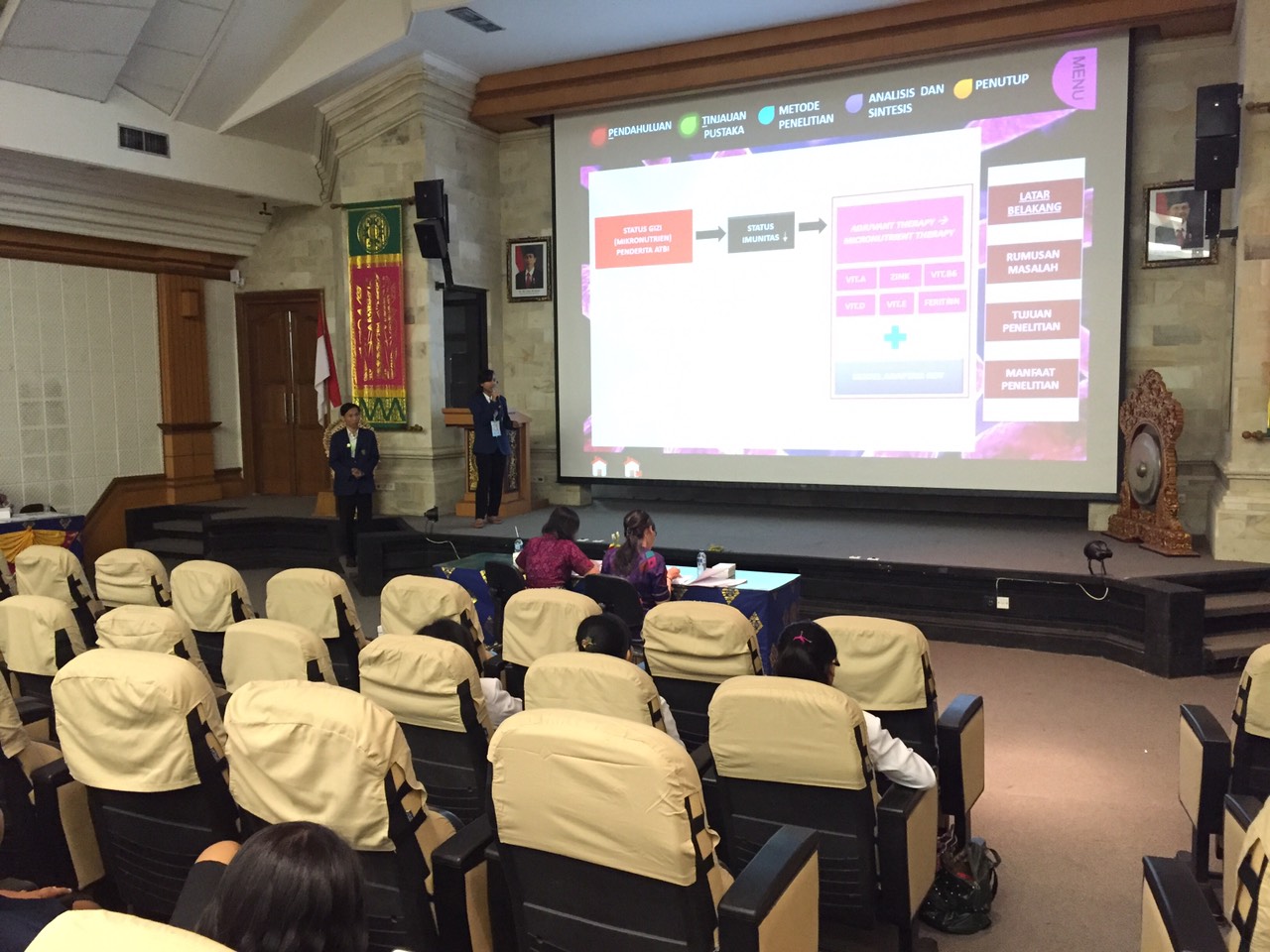
3. Small Group Discussion (SGD)
Discussions in the SGD group were also evaluated by the facilitating lecturer. Evaluation is carried out using an evaluation rubric that covers student attendance, activeness, critical thinking patterns, communication skills, time management, and manners. The SGD score will be combined with the main and SP exam scores and contribute to 5-10% of the final block score.
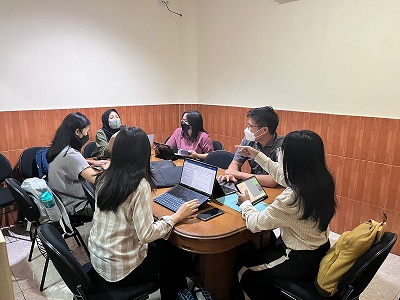
4. Objective Structured Clinical Examination (OSCE)
OSCE is an exam that evaluates basic clinical skills of students which is carried out once per semester, generally at the end of the semester after all block exams have been carried out. In OSCE students are given 5 minutes to perform clinical skills according to case questions and are assessed by an evaluator using an evaluation rubric that is appropriate to the clinical skills in question. Standard patients or mannequins are used to simulate cases on the OSCE exam. OSCE generally consists of 3-5 stations with different questions per station. Students are required to get a score of >65 at all stations to be declared passed on the OSCE exam
5. Elective Study (Thesis/Scription)
All students are required to complete an elective study which will be divided into 3 phases. The first one is held at the second semester in which the students have to chose a topic and supervisors according to their interest. One supervisor is limited to supervise a maximum of 5 students. The first phase is usually focused on the depth-learning of the subject and the assignment is focused on writing literature review. The second phase is at the fourth semester in which the students have to write a research proposal according to their topic of interest under the guidance of their supervisors. The final phase is held at the sixth semester, in which the students have to present the results of their research. The research area is determined by the discussion between the supervisors and the student.
6. Comprehensive Exam
Before proceeding to the clinical phase, all students are required to pass the comprehensive exam. This exam will include all material that the students had studied from semester 1 to 6 and divided into theoretical exam and OSCE. All questions are weighted and competency level 3 and 4 are prioritized. The passing grade for this exam is similar with block exam and OSCE.
67 Competency Exam
When students have passed all of the semesters (pre-clinical and clinical), they have to take a national level competency exam to be able to graduate. This exam is compulsory for graduation but it will not included in the GPA calculation (GPA only calculated from pre-clinical and clinical points). This exam contain theoretical and OSCE with similar prioritization as comprehensive exam. The passing grade is determined nationally.
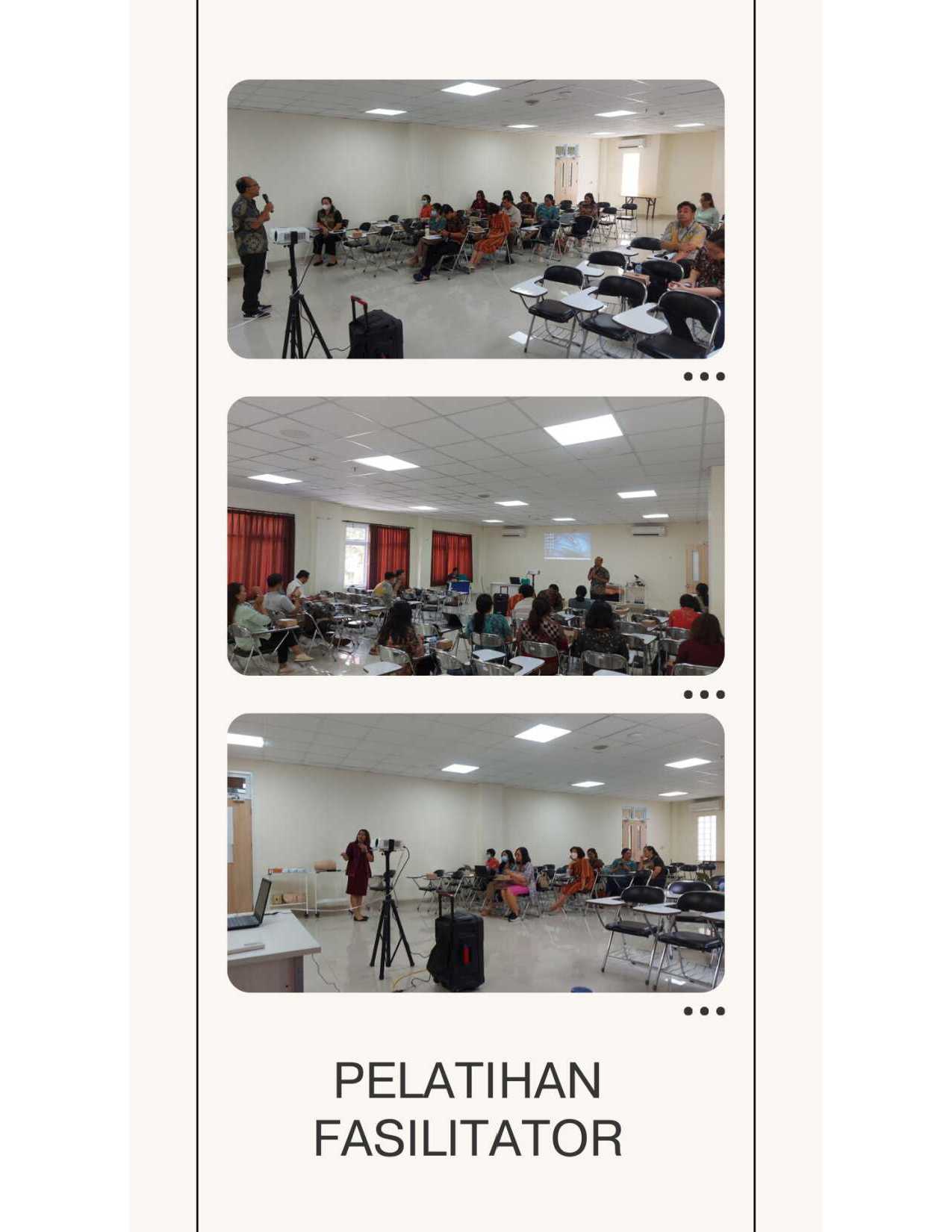
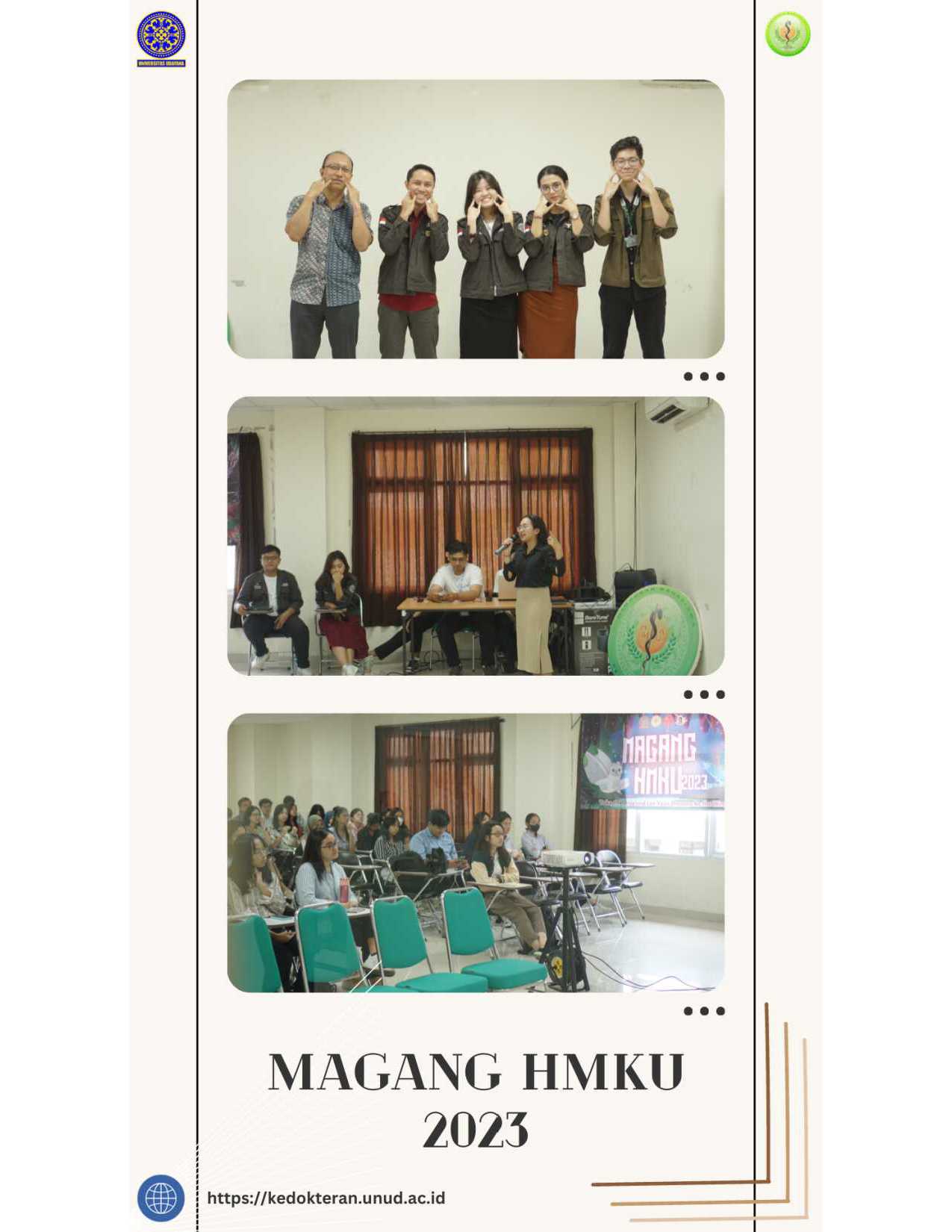
FACULTY OF MEDICINE UDAYANA UNIVERSITY